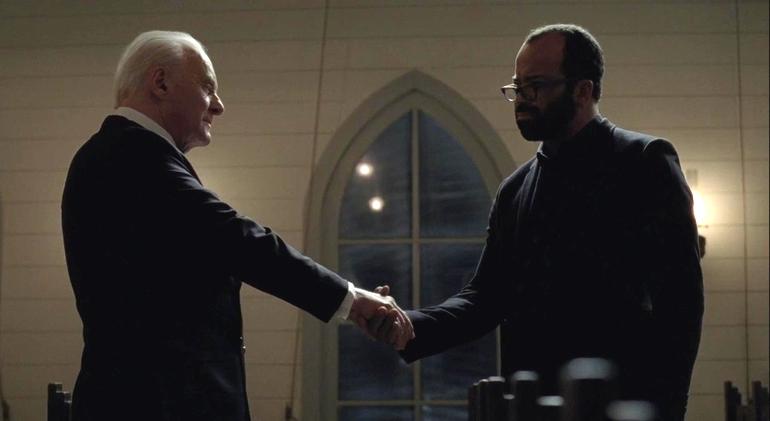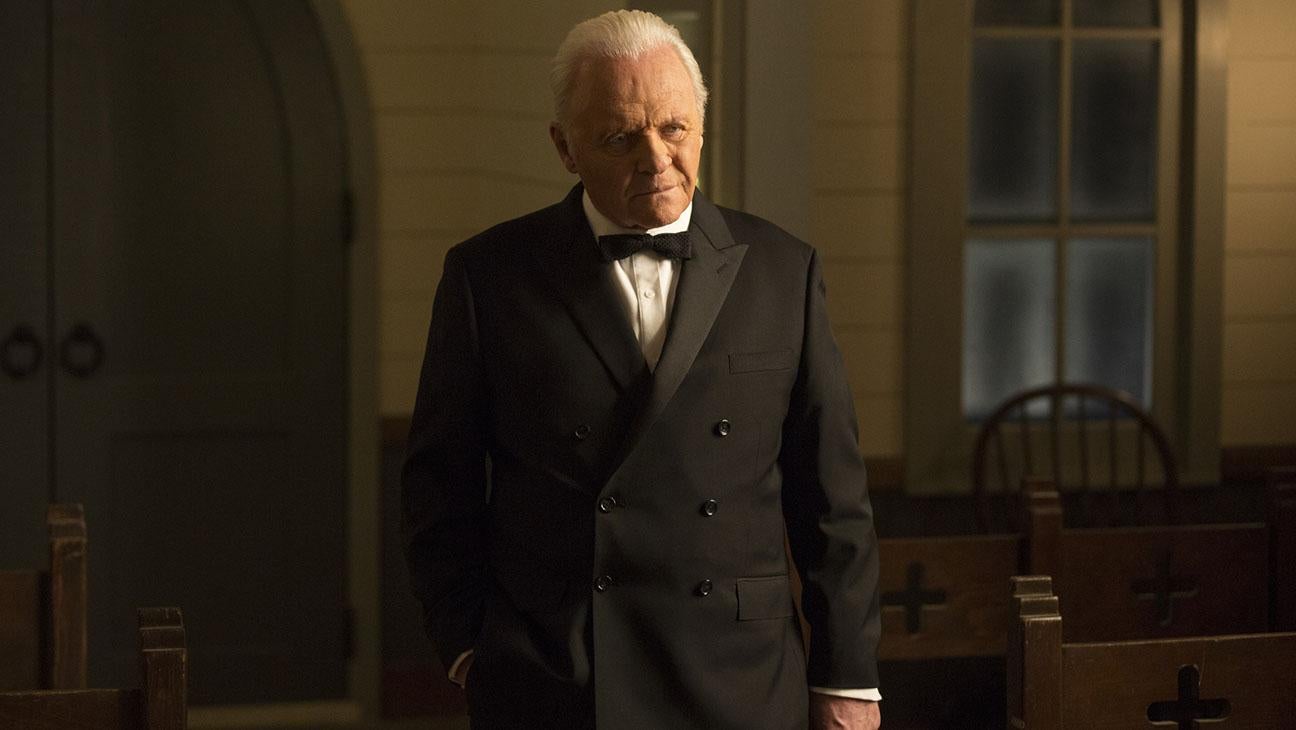Westworld theories: How Anthony Hopkins' character Robert Ford may fit into season 2
Spoilers for season one ahead

Your support helps us to tell the story
From reproductive rights to climate change to Big Tech, The Independent is on the ground when the story is developing. Whether it's investigating the financials of Elon Musk's pro-Trump PAC or producing our latest documentary, 'The A Word', which shines a light on the American women fighting for reproductive rights, we know how important it is to parse out the facts from the messaging.
At such a critical moment in US history, we need reporters on the ground. Your donation allows us to keep sending journalists to speak to both sides of the story.
The Independent is trusted by Americans across the entire political spectrum. And unlike many other quality news outlets, we choose not to lock Americans out of our reporting and analysis with paywalls. We believe quality journalism should be available to everyone, paid for by those who can afford it.
Your support makes all the difference.** Major spoilers for Westworld season one discussed ahead. You’ve been warned. **
And just like that, the first season of Westworld has come and gone, leaving us with a two-year wait until the first venture into SamuraiWorld.
One of the major questions fans have been asking following the final regards the park’s founder, Anthony Hopkins’s character, Robert Ford.
Throughout the season, we were led to believe Ford was the primary villain, treating his robotic creations with disdain despite their seemingly obvious semi-consciousness. There were even theories concerning Ford killing his partner Arnold for attempting to close the park.
However, within the final episode, we discovered Ford was actually forging the ultimate narrative: helping the robots form true consciousness and causing an uprising from within, likely hoping the park would either close as a result or the robots would take over.
As a result, Dolores made the decision to kill Ford herself, whereas, previously - when she killed Arnold - it was from orders, not through her own conscious decision. Ford has therefore, after 30 years, accomplished what Arnold could not.
Now, there’s a lot to be unravelled here. One of the major theories currently being discussed is how Ford may actually still be alive, having created a robot version of himself to be killed by Delores.
Evidence for this mainly stems from Ford’s final handshake with Barnard/Arnold. During that moment, the camera lingers on their hands, implying something hidden beneath the surface.
Many theorists believe this sequence relates to a conversation Ford had with an older robot in a previous episode in which he explained how a “simple handshake” would give away the older robot modals. During the sequence where we see Bernard kill Theresa we also see that Ford has his own robot-making machine, perhaps making another version of himself.
So, could Ford return? “We were very lucky to have one amazing season with Anthony Hopkins,” showrunner Jonathan Nolan told Entertainment Weekly. “We loved working with him. As for the show, where it goes, the characters — we’ve well established we’re playing in a more advanced ruleset in terms of death and resurrection than other [projects] I’ve worked on. So I would say: Assume nothing.”

By this, we can assume that bringing back any character is fair game. However, in a separate interview with Variety, Nolan says bluntly of Ford: “Oh, he’s dead.” He later adds “we’ll see where our story takes us” giving us hope, but the chances are he is implying in flashbacks (after all, we now know there are multiple timelines).
Looking at further evidence from the episode itself: the reason the camera lingers on that already infamous handshake likely concerns Michelangelo's "The Creation of Adam” seen earlier in the episode.
The handshake is Ford’s version of the creation: him being God passing on life to Bernard. From that interaction, we can assume Ford believes Bernard has achieved true consciousness - the thing Arnold believed he had achieved but Ford saw through - while understanding his creation will be his demise. A heartfelt farewell as the creator leaves his creations to make their own decisions.
Of course, we cannot discount Hopkins returning, but with death already being so inconsequential, perhaps an ending to someone so prominent would mean WestWorld continues to have stakes.
While we’re discussing theories, here’s another one doing the rounds. When Maeve decides not to leave the park,electing to find her daughter, this seems like a conscious decision: as Bernard revealed earlier in the episode, Maeve’s escape was programmed, but she goes against the command to leave, therefore seemingly making an actual decision of her own.
This was, of course, all formulated by Ford who needed Maeve to act as a distraction so the undead army of stored robots could march on the board members without security realising. However, Maeve leaves her bag on the train. Many believe it contains information about the park: did Ford sneak out information about the park in order to sabotage the entire place?
Whatever the case, we’re going to be waiting a long time to discover exactly what happens as season two won’t be starting until 2018. Nolan explains why here.
Join our commenting forum
Join thought-provoking conversations, follow other Independent readers and see their replies
Comments